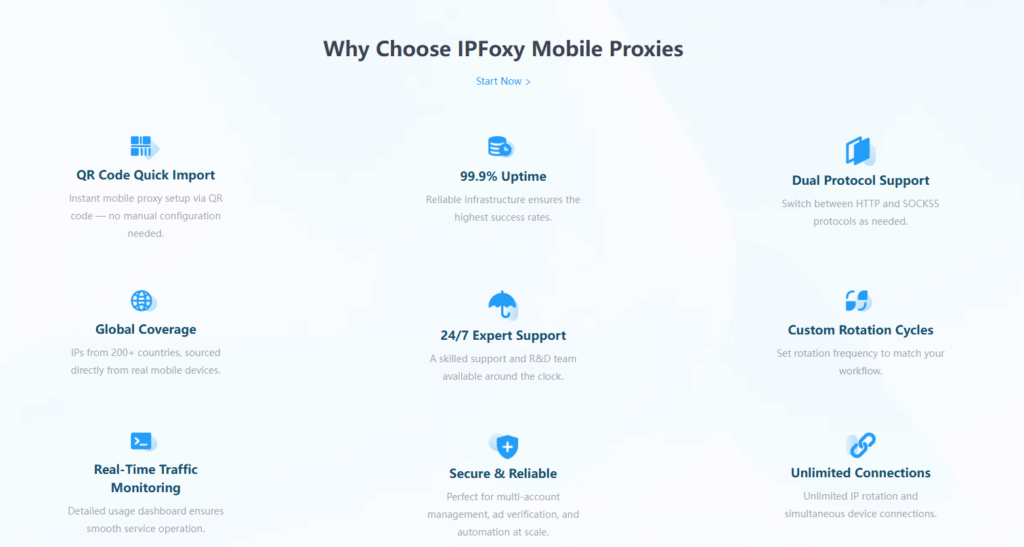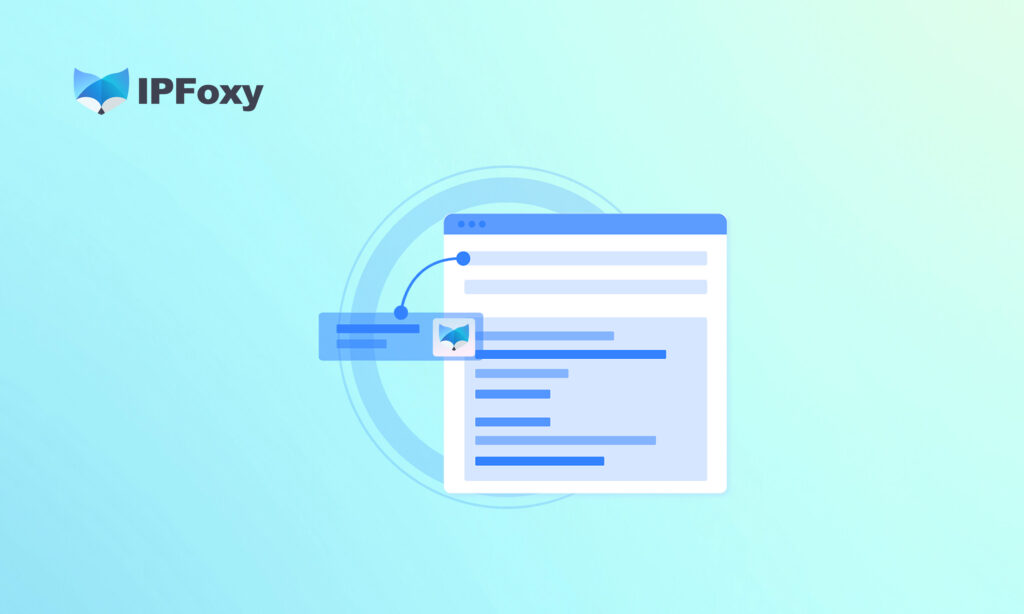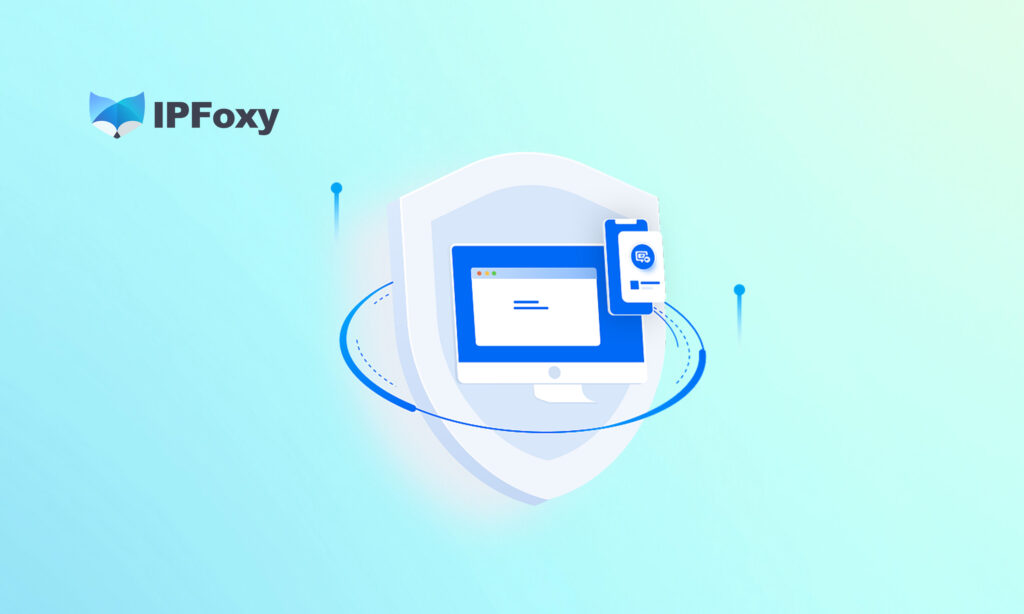In e-commerce, social media marketing, ad campaigns, and data scraping, proxy have become an essential tool. The two most common types are Residential Proxies and Mobile Proxies. Many users are still unclear about the differences and best use cases for these two options.
In short:
- Residential proxies are real IPs assigned to home broadband networks, known for high stability. They’re great for account creation, long-term account management, and data scraping.
- Mobile proxies, on the other hand, are based on real IPs from mobile carriers. They mimic genuine mobile user behavior and excel at bypassing anti-fraud systems and avoiding bans.
This article focuses on mobile proxies—helping you understand their mechanics, advantages, and key applications.
I. What is Mobile Proxy?
A mobile proxy is an IP address assigned by real mobile carriers (3G/4G/5G) and distributed across millions, even hundreds of millions of devices worldwide. Compared to residential proxies, mobile proxies more closely resemble real mobile browsing behavior, making them extremely difficult for target websites to detect as proxy traffic.
Think of it like this:
- Residential IPs: Like your home address—real, relatively fixed, and stable.
- Mobile proxy: Like the address tied to your smartphone. Wherever you go, the address changes with the cell tower. Because the IP is from a mobile carrier’s pool, it looks identical to a real person browsing with mobile data.
- Datacenter proxy: Like a virtual office address. Flexible but easily flagged as non-human because of server farm footprints.
The core advantage of a mobile proxy is high authenticity and anonymity.
II. Key Features of Mobile Proxies
1、Real Carrier Networks
Mobile proxy come directly from carriers, naturally carrying the “real user” label. With nodes available in almost every major market, they offer flexible support for global ad testing and geo-targeting.
Examples include:
- U.S.: AT&T, Verizon, T-Mobile
- Europe: Vodafone, Orange, O2
- Asia: NTT Docomo, SoftBank, China Mobile
2、Dynamic IP Rotation
Mobile proxies support automatic rotation. By reconnecting or switching towers, IPs can change instantly—preventing bans from repeated use of the same IP.
3、High Stealth
A single mobile tower may serve thousands of users. Since IPs originate from real carriers and blend in with millions of genuine devices, platforms can barely distinguish them from real traffic.
4、Anti-Block Strength
For platforms with strict anti-bot policies (e.g., social media, e-commerce, search engines), mobile proxies are among the hardest IPs to ban. Blocking a mobile IP risks cutting off a real customer—so platforms are extra cautious.
👉 In one sentence: Mobile proxies make your activity look like it’s coming from a real smartphone user.
III. Common Use Cases for Mobile Proxies
1、Social Media Account Farming & Management
For bulk account creation, login, and maintenance, mobile proxies dramatically reduce the risk of bans—especially on TikTok, Instagram, Reddit, and similar platforms.
2、Ad Campaigns & Testing
On platforms like Facebook Ads or Google Ads, mobile proxies allow advertisers to switch account environments quickly, reducing the chance of getting flagged for frequent activity.
3、E-commerce Boosting
During sales peaks (e.g., Black Friday), mobile proxies improve account survival on Amazon, eBay, Shopee, and other platforms.
4、Data Scraping & Anti-Bot Evasion
For sites with advanced anti-scraping systems, mobile proxies outperform residential proxies—especially when scraping mobile-first data.

IV. Things to Keep in Mind When Using Mobile Proxies
- Higher Cost: Mobile IPs are limited resources, so they’re usually more expensive than residential proxies.
- Bandwidth Limitations: Speeds depend on real cellular networks, so they may not always match top-tier datacenter proxies.
- Switching Frequency: Over-rotating IPs can raise red flags. Rotation strategies should be tuned for each use case.
- Provider Quality: Choose providers with real mobile carrier nodes. Avoid low-quality or fake “mobile” services.
👉 For example: IPFoxy mobile proxy provide access to top-tier carriers worldwide, with over 70 million IPs across 200+ countries. New users can even test them for free.

V. Conclusion
Both residential and mobile proxies have their place:
- Residential proxies: Stable and authentic, perfect for long-term account operations.
- Mobile proxies: Strongest against bans, ideal for bulk activity, ad testing, and high-risk operations.
But remember—no proxy is invincible. Good practices matter: use reasonable request frequencies, follow ethical scraping, and choose a reliable provider. A high-quality mobile proxy service can make your operations faster, safer, and more sustainable.


